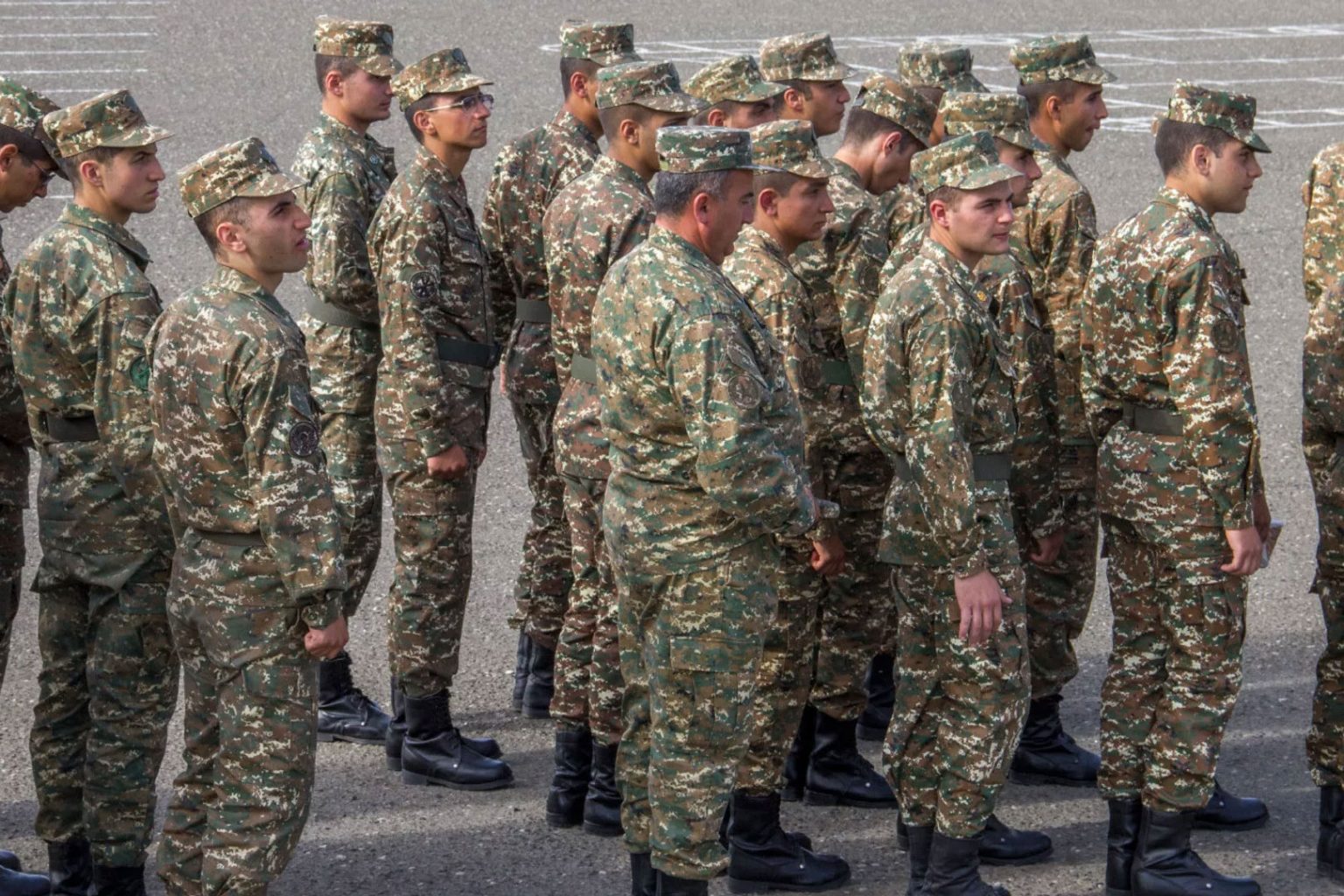On February 2, 2024, the HCAV Office filed a report on the crime with the RA Prosecutor General’s Office based on the well-known investigative article of Infocom. On March 26, the Organization received a note that no elements of a crime were found during the investigation conducted at the central department of the Yerevan City Department of the RA Ministry of Internal Affairs Police. On May 2, 2024, the HCAV Office filed a complaint with the Yerevan City Criminal Court of General Jurisdiction regarding the challenge of the pre-trial act and requested to initiate criminal proceedings on the basis of a presumptive crime.
The Court of General Jurisdiction of First Instance rejected the complaint, incorrectly interpreting and applying a number of articles of the RA Criminal Procedure Code, which relate to the initiation of criminal proceedings and the terms and procedure for appealing them in the event of failure to initiate them.
In particular, according to the interpretation of the Criminal Court of First Instance of General Jurisdiction, the HCAV did not follow the procedural procedure for filing a complaint against the failure to initiate criminal proceedings, and did not file a complaint within the 15-day period.
The organization did not violate the requirements of the criminal procedural legislation, the Organization was not informed within 24 hours of the failure to initiate proceedings based on the submitted report, and later, upon learning about it, it appealed to a higher authority within the due period, and after receiving the decision to reject it, it again appealed to the Court within the due period.
The Organization filed a complaint with the Criminal Court of Appeal of the Republic of Armenia against the court’s position, substantiating the unlawfulness of the decision and its contradiction with the goals of the RA Criminal Procedure Law, namely, the establishment of an effective procedure for the alleged crimes based on the guarantee of the rights and freedoms of the individual.
The RA Criminal Court of Appeals upheld the complaint filed by the Organization, and guided by the judgments of the ECHR and the RA Court of Cassation, as well as the decisions of the RA Constitutional Court, it stated that the state may establish certain conditions for exercising the right to apply to court, but the restrictions applied should not limit a person’s right of access to court to such an extent that they harm the very essence of that right.
The RA Criminal Court of Appeals did not consider the reasoning of the Court of First Instance to be well-founded. The appellant stated that the failure to initiate proceedings within 24 hours cannot in itself be a basis for restricting the right to judicial protection. The RA Criminal Court of Appeals sent the case to the lower court for a new examination, also noting that if the Criminal Court of Appeals makes a decision based on the appeal, the functional relationship formed between the First Instance and the Courts of Appeal will be disrupted, since the First Instance Court did not examine the case in substance and did not express a substantiated and legitimate position.
As a result, we state that the Criminal Court of Appeals clearly interpreted Articles 178-179 and 300 of the RA Criminal Procedure Code, establishing the correct procedure for appealing the decision to initiate or not to initiate criminal proceedings. The case was sent to the lower court for a new examination.

